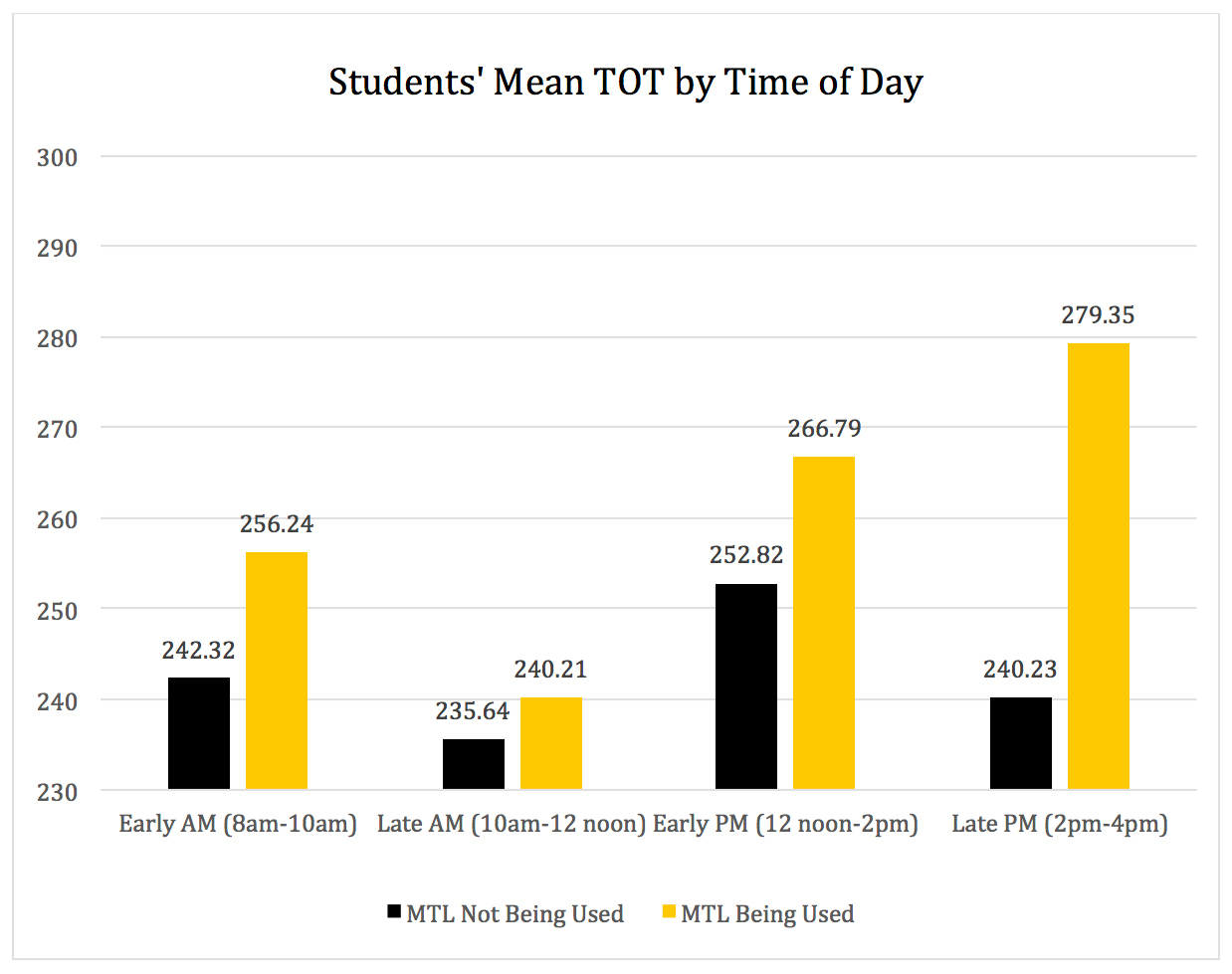
Overview
Children are Mississippi's investment in the future. Unfortunately, obesity puts our children at risk for living shorter, less healthy lives. Mississippi has one of the highest percentages of overweight or at-risk-of-becoming-overweight children in the United States.
So, in early 2004, The Bower Foundation instituted the Coordinated School Health Program (CSHP) to achieve two broad goals: improve student health and increase academic achievement. One of the primary results of the CSHP was a restructuring of the Mississippi Department of Education, which led to the creation of the Office of Healthy Schools (OHS). Through OHS, the Department of Education was able to consolidate all of MDE's school health resources under one office.
Since its creation, OHS has made great strides in promoting healthy school environments through programs like the "Health is Academic" initiative, case studies of school cafeteria nutrition and the development of a wellness policy guide. Additionally, OHS helped support the passage of the Mississippi Healthy Students Act in 2007, which requires public schools to provide 150 minutes of physical activity and 45 minutes of health education every week for K-12 students.
Initiatives
Move to Learn
Move to Learn is based on a simple concept:
When kids get to move at school, schools get better.
Not only does student health improve, but academic performance improves, too. In fact, numerous scientific studies have confirmed that the more exercise a student gets, the better his or her grades are likely to be. And that’s not all. In several studies of Mississippi students, more fitness was associated with better behavior and less absenteeism.
Move to Learn is designed to help teachers raise student fitness levels and, in turn, raise student achievement. Research has shown that students can remain ontask for longer periods of time when Move to Learn is implemented in their class.

Other
Fitness
Child and Youth Prevalence Overweight Survey:
Goal: Determine the prevalence of overweight and at-risk-of-becoming-overweight children in grades 1-8 in Mississippi.
Strategies: Funded research on the prevalence of overweight and at-risk children in 2003, 2005, 2007, 2009 and 2011.
Committed to Move Grants:
Goal: Assist schools in implementing a quality physical education program.
Strategies: Extended 25 grants to provide curriculum, training and resources based on the Mississippi Standards for Physical Education.
Health in Action:
Goal: Increase quantity and quality of physical and health education.
Strategies: Created web-based lesson plans for physical and health education.
Nutrition Integrity
Five Star Foods Grants:
Goal: Increase consumption of fruits and vegetables in schools.
Strategies: Issued 173 grants to help schools purchase sectionizers and slicers that allowed cafeterias to prepare more appealing, healthy service lines. Supported hands-on training from a nationally recognized school cafeteria chef.
Nutrition Integrity Grants:
Goal: Reduce the amount of calories and fat eaten by children at school.
Strategies: Extended 94 grants to replace fat fryers with Combination Oven Steamers in 126 school cafeterias.
Vending Machine Financial Study:
Goal: Determine the financial impact of vending machine changes in Mississippi middle/junior high and high schools.
Strategies: Funded a 2005/2006 statewide assessment.
School Nurses
Early and Periodic Screening and Diagnosis Treatment (EPSDT) School Nurse Program (Phases I-IV):
Goal: Increase health screenings among Medicaid-eligible students.
Strategies: Funded 53 EPSDT nurses to provide health screenings for Medicaid-eligible students.
School Nurse Data Collection:
Goal: Improve school nurse performance.
Strategies: Provided software that captures monthly data on school nurse performance and activities related to prevention of illness and disabilities.
Wellness
John D. Bower School Health Network (Phases 1 and 2):
Goal: Help schools implement the Coordinated School Health Program model.
Strategies: Provided 20 grants to provide in-depth CSH program preparation to 20 schools in 20 local school districts.
School-Based Administrative Claiming:
Goal: Provide Medicaid reimbursements at schools.
Strategies: Provide software, training and technical assistance to over 100 participating school districts to help claim Medicaid reimbursements.
Start-Up Grants:
Goal: Empower individual schools to improve health outcomes from within.
Strategies: Funded 98 grants to establish a School Health Council, conduct a pre- and post-assessment to identify the strengths and weaknesses of the school's physical activity and nutrition environments, and implement at least one sustainable intervention.